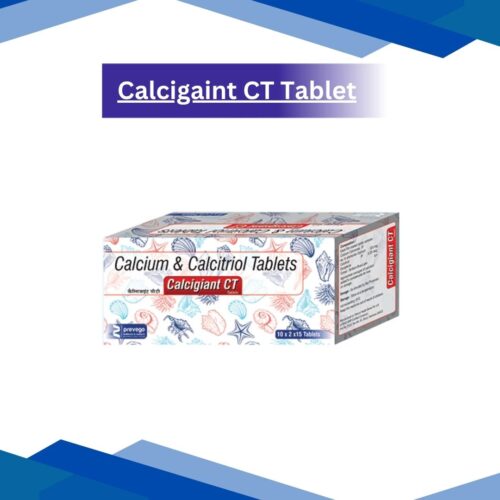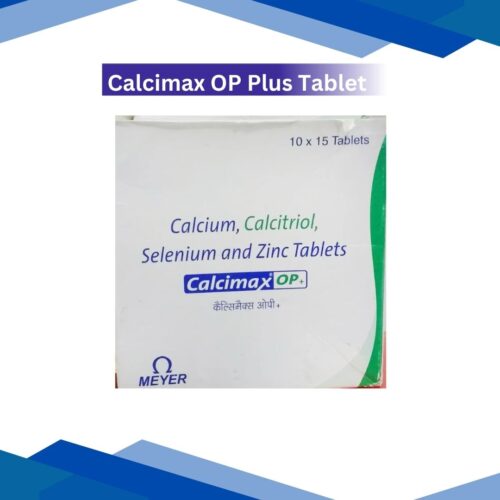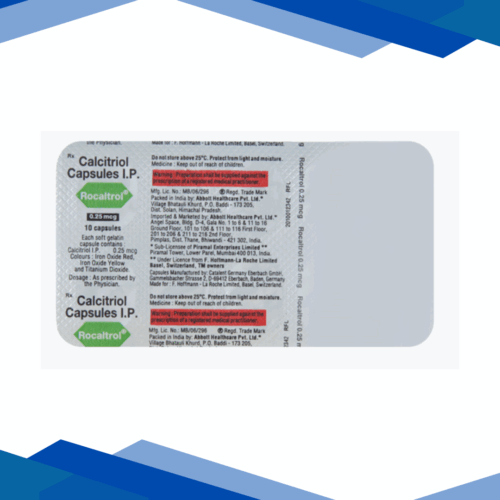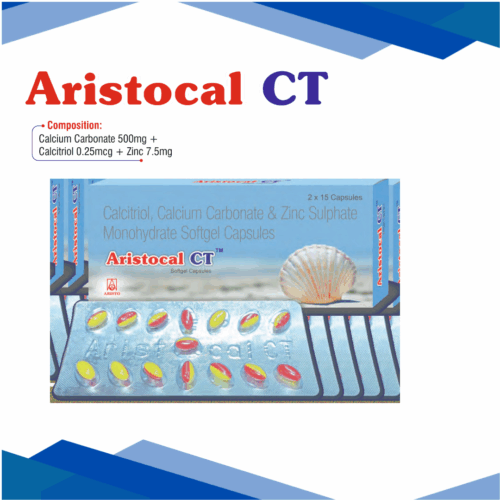CALCITRIOL
Overview:
Calcitriol is a medication version of natural vitamin D, essential for bone health, calcium absorption, and parathyroid hormone regulation. It’s usually prescribed to people with kidney issues, certain bone conditions, or low calcium levels who can’t activate vitamin D naturally in their bodies.
Classification:
Calcitriol is the active form of vitamin D3. It’s a vitamin-based hormone used as a nutritional supplement and therapeutic agent to support calcium balance in the body.
Uses:
Treats or prevents low blood calcium (hypocalcemia)
Helps manage bone disorders, such as rickets or osteodystrophy
Used in people with chronic kidney disease who have trouble processing vitamin D
Supports patients with parathyroid gland problems (like hypoparathyroidism)
Helps improve calcium absorption in people with intestinal disorders
How It Works:
Calcitriol works by helping the body absorb more calcium and phosphate from food through the intestines. It also helps maintain proper calcium levels in the blood and supports bone strength. In people with kidney problems, it replaces the active vitamin D their body can’t make on its own.
Dosage: As prescribed by your doctor.
Side effects:
While usually well tolerated, some people may notice:
Nausea or vomiting
Headache or weakness
Increased thirst or frequent urination
Loss of appetite
In rare cases: high calcium levels (hypercalcemia), which can cause confusion, tiredness, or irregular heartbeat
Precautions:
Regular blood tests are important to monitor calcium and phosphate levels
Tell your doctor if you have a history of heart disease, kidney stones, or high calcium levels
Be cautious with calcium or vitamin D supplements—too much can be harmful
Drink plenty of fluids unless advised otherwise
Use during pregnancy or breastfeeding only with medical advice
Avoid taking magnesium-containing antacids unless approved by your doctor
Disclaimer:
This content is for informational purposes only. Always consult a healthcare provider for medical advice and proper dosage













